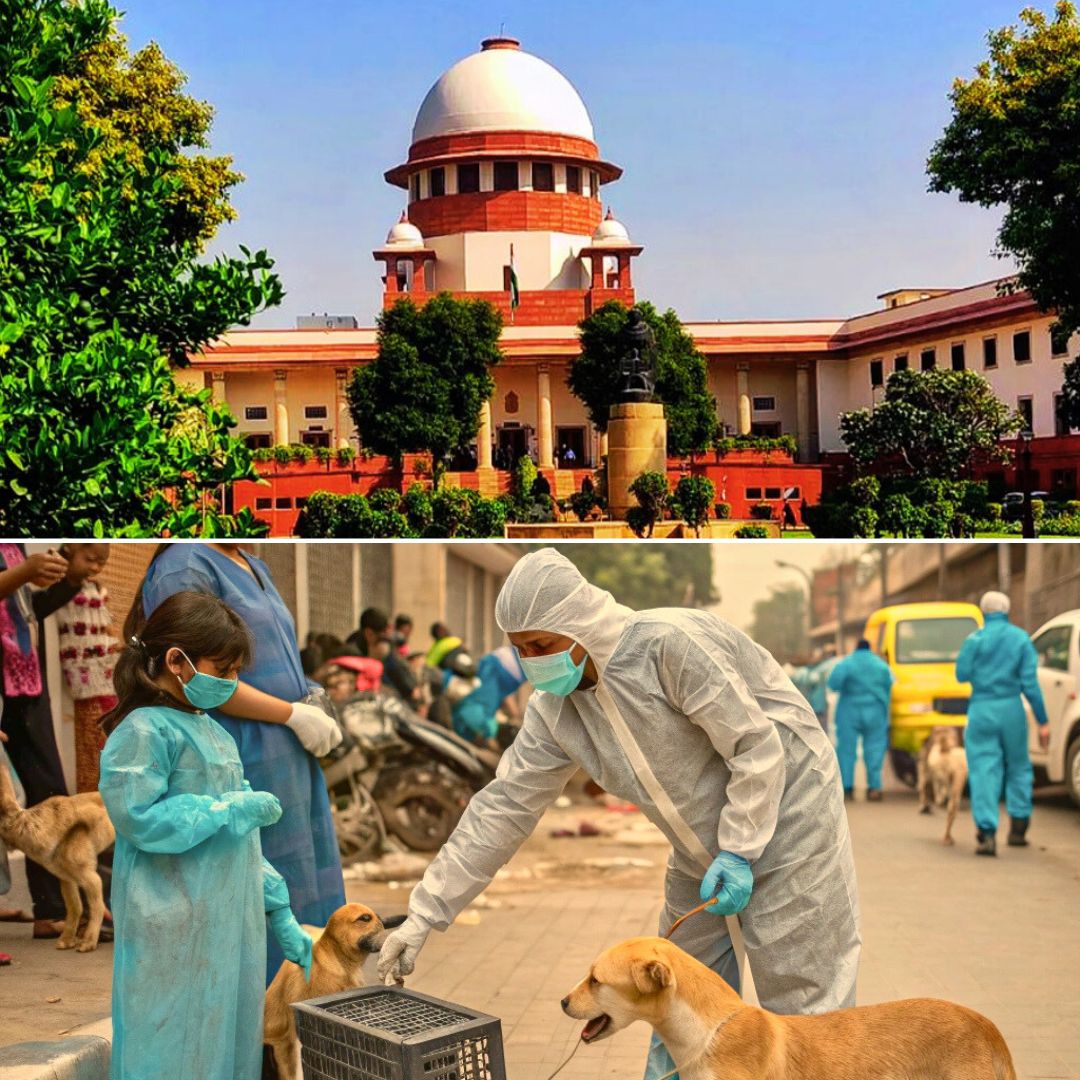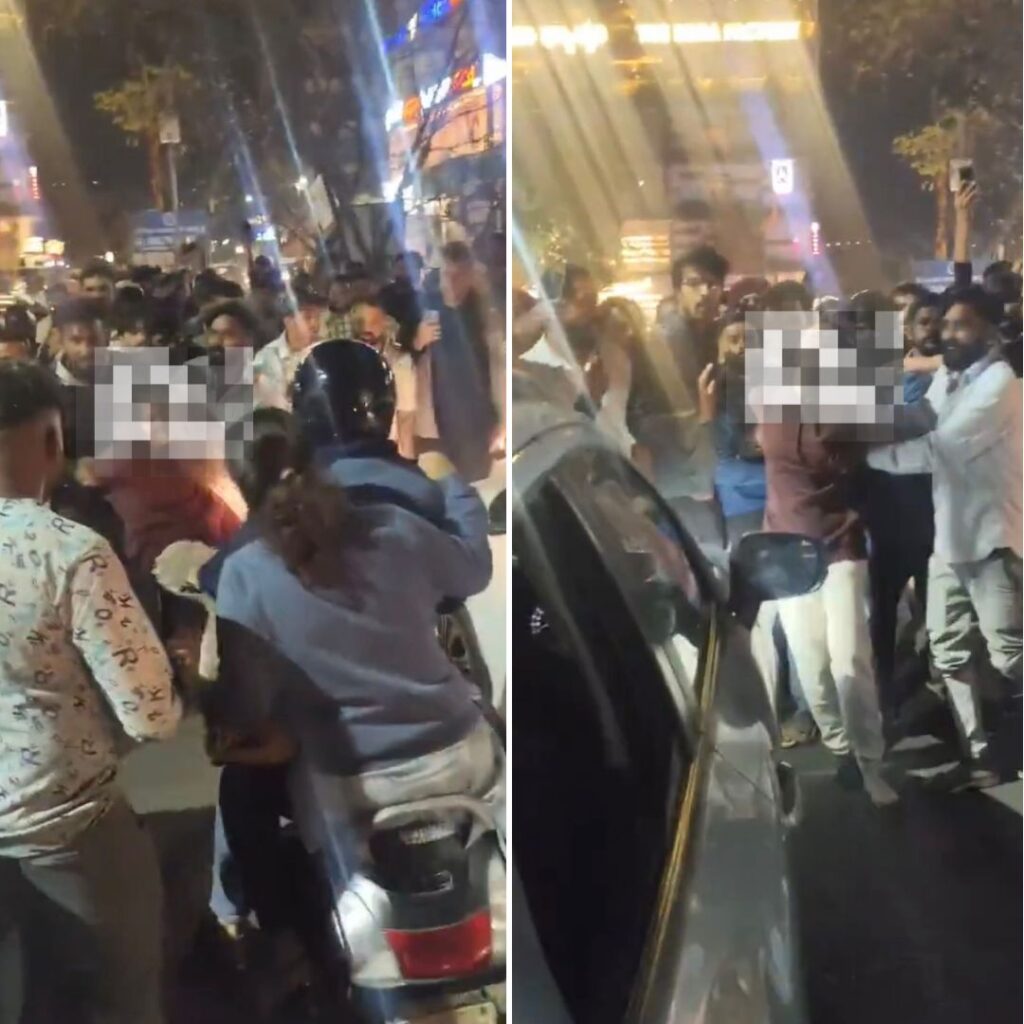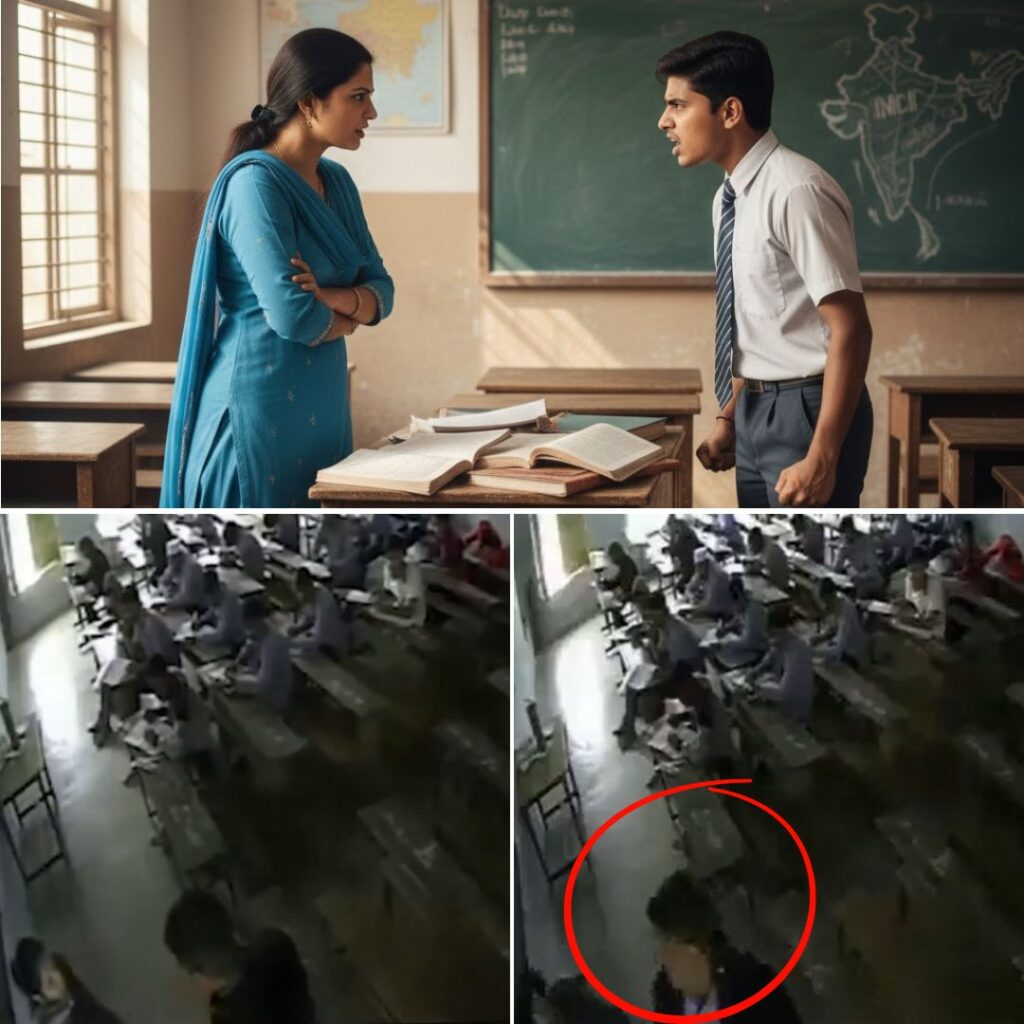The Supreme Court of India has issued sweeping directives to curb the growing menace of stray dog attacks and rabies in Delhi and the wider NCR, including Noida, Gurugram, and Ghaziabad.
Authorities have been ordered to capture, sterilise, vaccinate, and permanently relocate all stray dogs to purpose-built shelters within eight weeks with a complete ban on releasing them back to the streets.
Any person or organisation obstructing this mission will face contempt of court charges and possible criminal proceedings, and officials have been authorised to use necessary force to ensure compliance.
The Court has also directed the creation of a 24×7 helpline within one week, with a mandatory four-hour response time to all dog bite incidents. This order comes amid rising cases of rabies, some resulting in tragic deaths, particularly affecting children and the elderly.
A Stern Judicial Response to a Public Health Crisis
Delivering the order, the bench of Justices J B Pardiwala and R Mahadevan described the situation in Delhi-NCR as “extremely grim” and a clear case where public safety outweighs “emotional or sentimental” resistance.
They labelled the current Animal Birth Control (ABC) practice of capturing, sterilising, and releasing stray dogs back into the community as “unreasonable and absurd.” Instead, the Court has mandated a “capture–shelter–retain” model.
The Delhi government and municipal corporations (MCD, NDMC) have been tasked with setting up shelters to house 5,000–6,000 dogs each, equipped with CCTV surveillance and adequate veterinary and caretaker staff.
Solicitor General Tushar Mehta, representing the Centre, highlighted cases where children had died within days of contracting rabies after dog attacks. The Court directly addressed animal welfare activists opposing relocation, asking whether they could “return the lives of children lost” to such attacks.
Background and Context – From Street Policy to Shelter Policy
The crisis has been building over several years, with Delhi-NCR witnessing a steady rise in dog bite incidents government data and media reports indicate that in the past year alone, Delhi recorded over 60,000 dog bite complaints, with at least 15 suspected rabies-related deaths, most affecting underprivileged communities.
Under the ABC (Dogs) Rules, 2023, sterilised dogs were to be released back into the same localities. Critics say this ensured territorial aggression continued unchecked. In several cases, young children and senior citizens were mauled, creating fear in residential and slum areas alike. Neighbouring states such as Uttar Pradesh and Haryana had taken a less aggressive approach, leading to what the Court described as “patchy and ineffective” results.
The new ruling not only changes the operational model but also insists on detailed daily reporting of captured dogs, shelter occupancy, and vaccine stock levels, with the next compliance review set for six weeks from the order.
Animal rights groups remain split some have welcomed the permanent shelters as a humane upgrade, while others argue it amounts to confinement and risks poor living conditions.
The Logical Indian’s Perspective
The Supreme Court’s decision is a turning point in how India deals with the dual challenge of stray dog welfare and public health safety. The urgency is clear: human lives, particularly of children, cannot be put at risk due to policy gaps. At the same time, humane treatment, proper shelter conditions, and transparency in implementation must remain non-negotiable.
We believe this moment calls for a coalition approach involving civic bodies, health departments, shelter managers, animal welfare NGOs, and local communities to ensure that the drive does not devolve into cruelty or neglect. The goal should be a safe environment for citizens and dignified care for animals. This is not only a legal mandate but a test of our collective empathy and organisational will. How can Delhi transition to this new model in a way that safeguards both public health and animal rights and can this become a blueprint for the rest of India?












